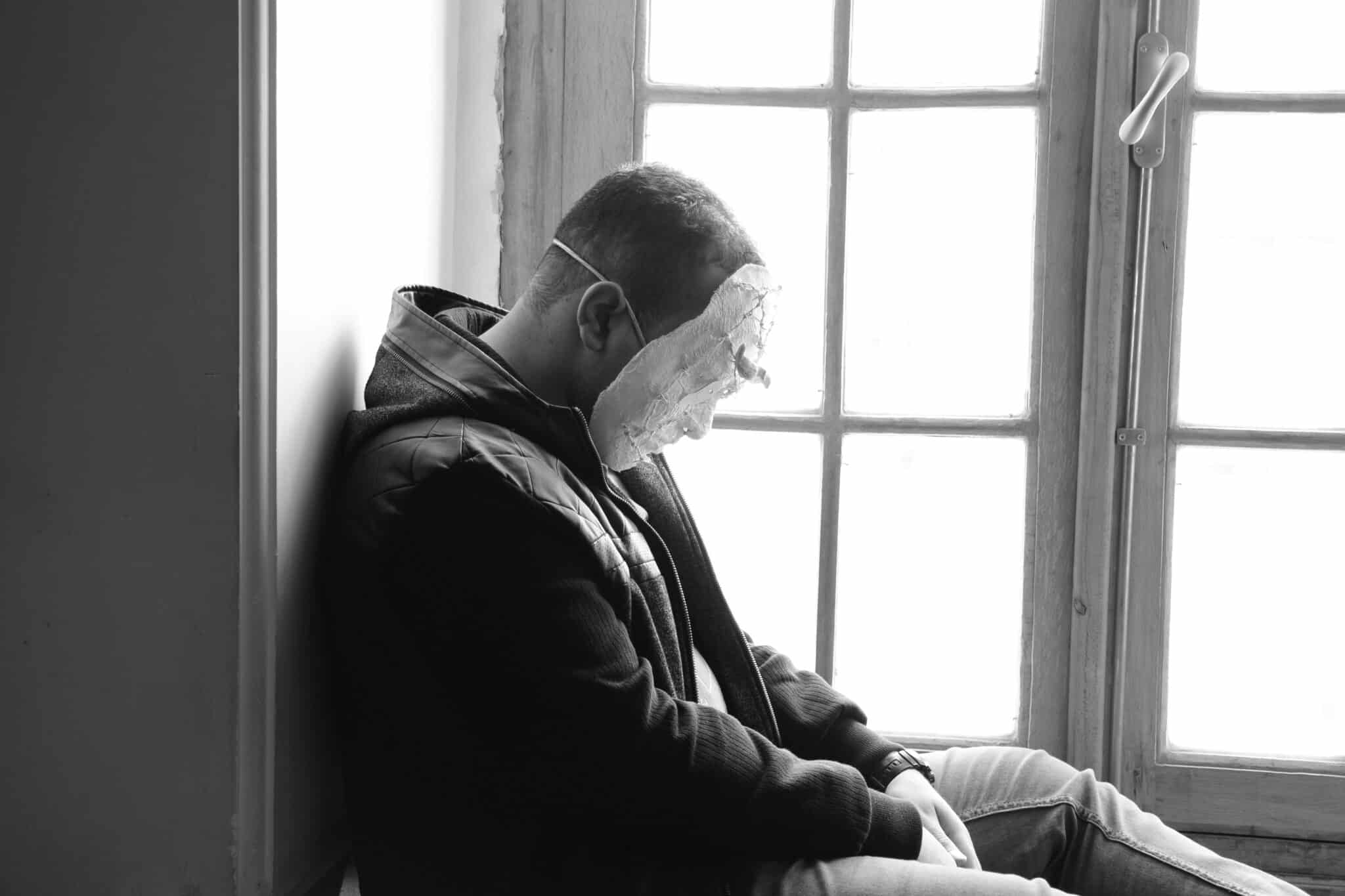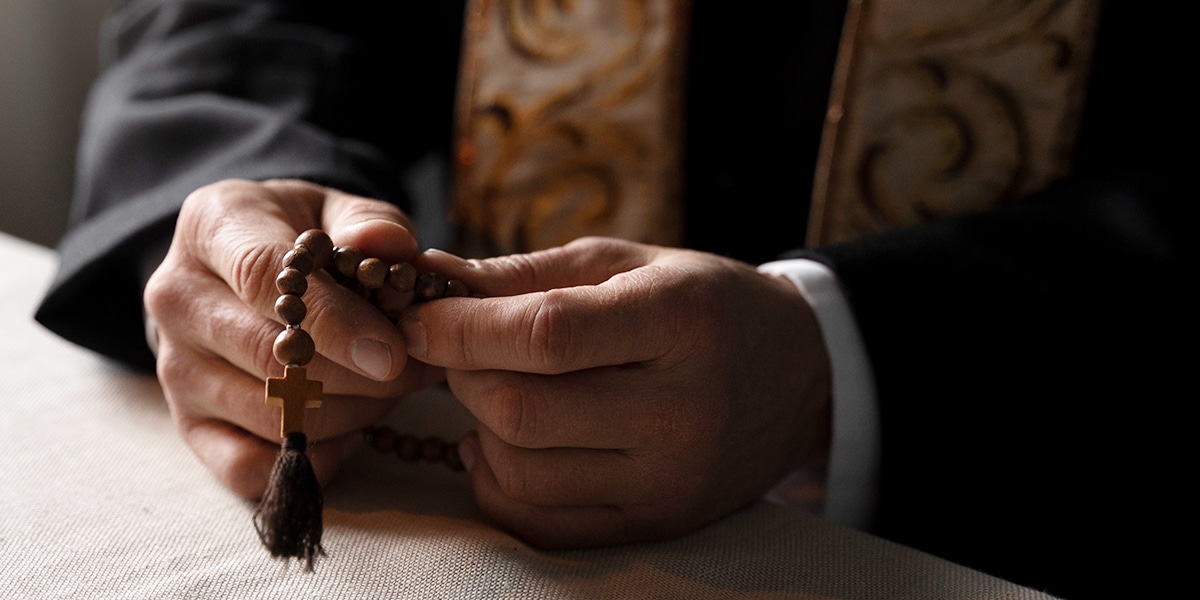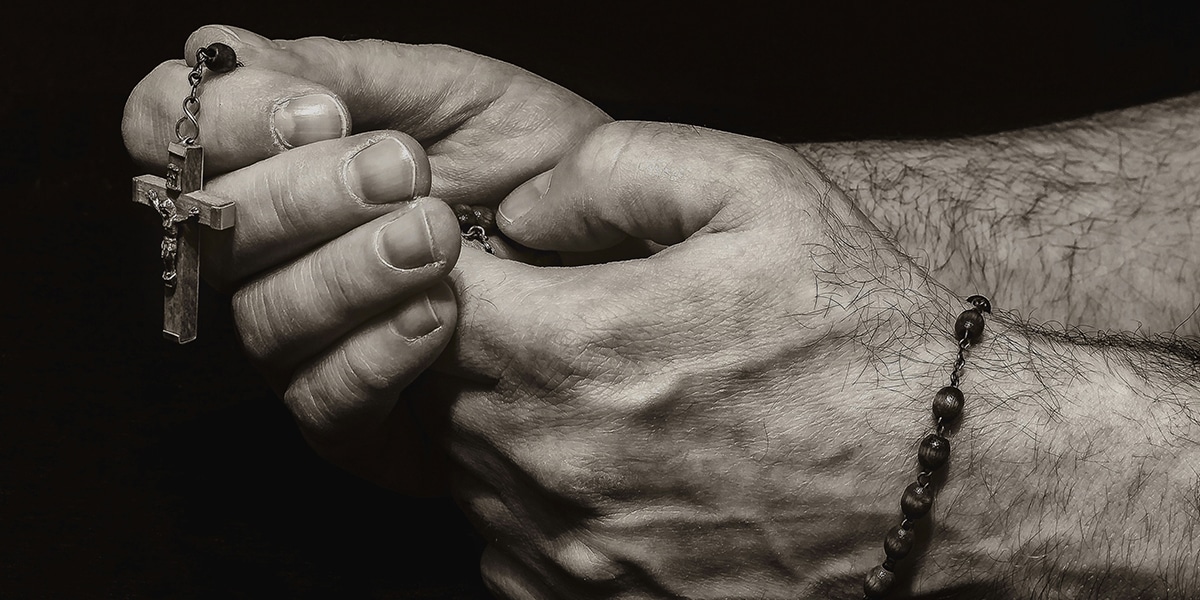When we see hypocrisy—the enemy of integrity—we are cautious. If we condemn it—as Jesus and the great teachers did—we expose ourselves to attack. No one likes to be called a hypocrite, yet at some level we all know that we are. The word comes from the Greek hypokrisis, which means “actor.” Yet it is almost inevitable that we pretend to be or feel what we are not, or do not, even if we would also like to be what we pretend. We don’t have to despair about our inauthenticity, simply admit it. That defuses it and prevents our false self from blocking the way to the deeper level of consciousness. The sign that we are heading there is that we don’t take ourselves too solemnly and that we laugh at our false self and welcome other people to do the same. Gradually the actor’s mask becomes—as in great theatre rather than in soap opera—a transparent means of revealing the deeper truth. Form can then communicate the emptiness that is fullness. The wonderful thing is that this happens—if we allow it and make the space necessary—in subtle ways and in the most ordinary things of life. That is why Lent is about small things. And why meditation is more about practice than good intention.








